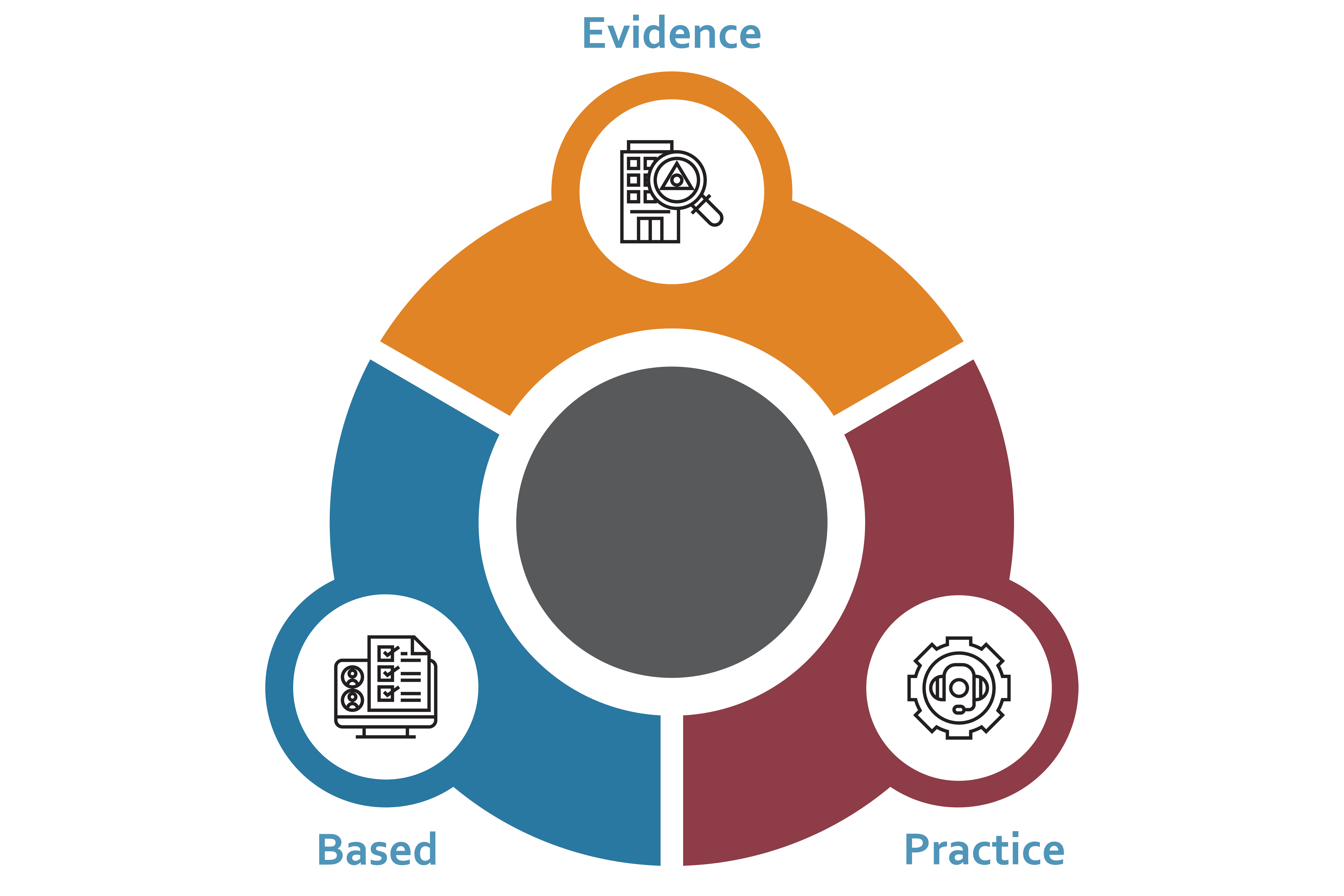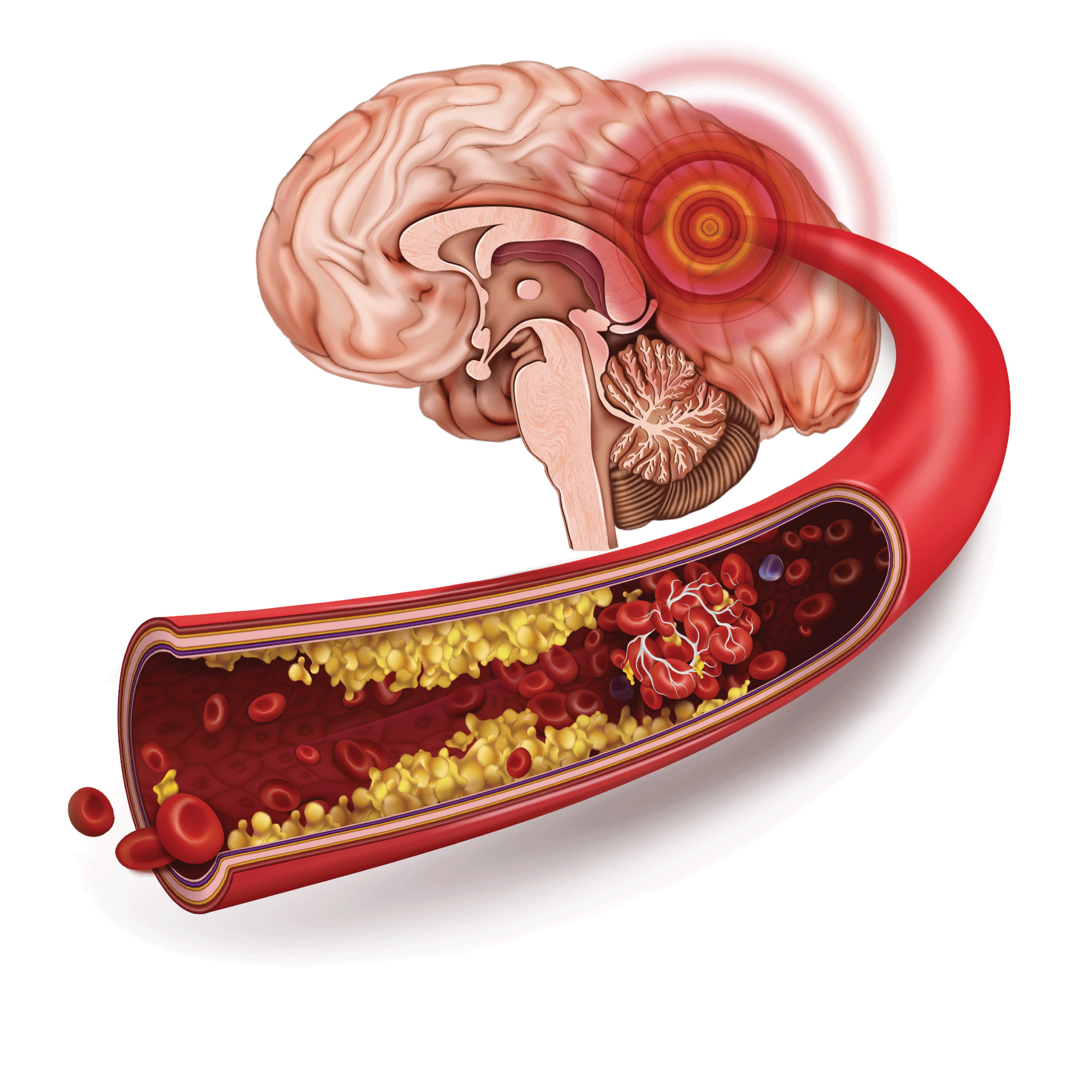For many nurses, job interviews induce fear. The competitive job market has made interview preparation more important than ever, especially for new graduate nurses. Competition for new graduate positions can be fierce; some employers get up to 1,000 applicants for a single new graduate opening.
At the same time, job interview techniques have transitioned from testing handshakes, gauging eye contact, and observing attire to a multifaceted and evolving science. Talent acquisition now involves consultants, training, and software, together creating a sophisticated blend of psychological profiling, compatibility and competency testing, and exhaustive screening. As a job candidate, you need to be prepared to navigate these new techniques.
Interviewing requires a different skill set than inserting catheters or taking vital signs. To excel at job interviews, you need to express yourself clearly and persuasively. This article describes an evidence-based guide that helps new graduates prepare for interviews, stand out in a competitive job market, and have a successful interview.
How the guide was developed
An experienced team of nurse managers and a career services expert developed the evidence-based guide by analyzing more than 100 interview questions collected from new nurse graduates over 2 years, who shared the questions they’d been asked in job interviews. The questions came from interviews in multiple settings— hospitals, public health, long-term care facilities, skilled nursing facilities, and school nursing.
The team analyzed the questions, validated their application in the interview process, and collapsed them into five common topics—teamwork, difficult patients, performance, evidence-based practice (EBP), and patient- centered care. (The Internal Review Board at the University of New England approved the data-collection analysis.)
Interview formats
New graduate nurses have reported various interview formats, including panel interviews with up to six stakeholders, each of whom asks the candidate questions.
One candidate was asked to wear scrubs to the interview and then invited to “shadow” the unit she was applying for to get a sense of the environment. Other candidates were asked to demonstrate their ability to complete a simulation scenario for a team of nurse raters.
Other types of interviews reported by the nurses included group interviews with multiple candidates vying for the same position and videoconferences (in comes cases, requiring candidates to submit their recorded responses to questions electronically). Most interviews, though, ended with old-fashioned one-on-one conversations, usually conducted with finalists by nursing administrators and staff.
Preparing for common interview topics
As the guide developers found, employers typically ask candidates questions on the five common topics listed below. (See Common interview topics and questions, factors affecting hiring.)
Teamwork
Nursing is a team endeavor, so hiring managers want to explore the candidate’s ability to work on a team. Be prepared to describe your role on the team you work with and how you interact with team members. For example, discuss whether you prefer to lead or follow. Elaborate by giving examples of how you’ve been involved in team activities. Important: Don’t say, “I work well independently.” This raises a red flag for hiring managers, who translate it as, “I don’t need a team.”
Also be prepared to explain how you handle confrontation. If this is one of your weaknesses, be honest. Share how you’ve dealt with confrontation, reflect on lessons learned, and state what you’d do differently next time.
In addition, delegation is a common challenge for new nurses. So be honest about your delegating ability and experience.
Difficult patients
As a new nurse graduate, perhaps you haven’t encountered a difficult patient yet. To prepare for a question about this, think about what you would do if faced with such a patient, and draw on past experiences in other areas. For instance, maybe you’ve worked in retail or the hospitality industry and had a difficult interaction with a customer. Then try to imagine a similar scenario with a patient and describe what steps you’d take in this situation.
Performance
Managers want to assess the candidate’s past nursing performance. For new graduates, this includes their student experience and clinically related jobs they have held—for example, nursing assistant. Be honest about your performance. When describing yourself, use such adjectives as patient, thorough, and persistent. If you perform well in a given area, elaborate on what traits you believe explain your success; instead of just stating “I love working with patients,” explain why and identify the strengths that bolster this asset.
“What are your weaknesses?” is a common interview question. Beware of saying you can’t think of any; everyone has growth needs. Also, give an answer that’s more than simply a list of areas where you could improve. Instead, discuss remediation plans and your intent to correct your deficiencies.
Avoid saying inexperience is your weakness. Your résumé tells the interviewer what your experience level is. Hiring managers want candidates to describe how gaining experience will help them grow.
Nurses encounter significant on-the-job-stress, so managers want to know how well candidates handle stress. Red-flag responses are “I never get stressed” or “I yell when stressed.” Instead, say you know when to seek help or you sometimes have difficulty focusing when stressed.
Evidence-based practice
Employers want to determine whether you can think critically, assess patients’ values, and integrate evidence into your practice. In many nursing schools, the curriculum prepares new nurses for a successful EBP. If you’re passionate about a specialty and have completed research in it, highlight this during the interview. Employers are looking for engaged nurses who seek to contribute to the organization. Demonstrate you’re interested in providing hands-on patient care and advancing nursing practice. To show further commitment, ask what practice-improvement plans are under way at the organization.
Patient-centered care
To prepare for questions about patient-centered care, make sure you understand what this term means and how to best convey that you provide it. Nurses who provide patient-centered care respond to individual patient preferences, needs, and values with respect and allow these preference to inform their clinical decision-making. Think about such experiences as bedside reporting, and describe how your actions put your patients in the center of the care you provide.
Know that questions about patient-centered care seek to discover the personality you bring to the bedside. Technical nursing skills can be learned, but the ability to build relationships with patients is difficult to teach.
Brand yourself as a job candidate
As you prepare for a job interview, remember that you’ll be assessed on your authenticity and overall presentation. So “branding” yourself—identifying what makes you unique—is imperative. Select and use key words that represent your strengths through a balance of skills, experiences, character, and potential. For example, if you brand yourself as passionate, share your clinical, academic, and personal stories that support this description.
Managers also assess candidates’ self-awareness and desire to grow. They respect candidates who express humility and honesty about their strengths and weaknesses. They also seek nurses who are professional and respectful. Keep in mind that your appearance reflects your professionalism. Dress in your most professional attire, buying or borrowing a suit if necessary. Get to the interview on time and show enthusiasm.
Be prepared to detail your long-term career goals. Envision your career 5 to 10 years down the road, and share that vision with the interviewer. If your goal is to stay on the unit where you’re interviewing, think about other goals, such as continuing your education and growing your nursing career. If you want to become certified in advanced cardiac life support or electroencephalography, share that desire. The ability to communicate your goals demonstrates motivation, initiative, and pursuit of excellence.
Prepare a list of questions to ask during the interview, but consider your questions carefully. Don’t limit them to schedules or pay. Instead, research the organization, including its culture, and develop questions accordingly. Finally, after the interview, send thank-you notes to express your gratitude for the opportunity to meet with the interviewer, and reinforce why you’d like to work at the organization.
Kelley Strout is an assistant professor of nursing at the University of Maine in Orono. Jeff Nevers is a career services coordinator in career services at the University of New England in Portland, Maine. Deborah Bachard is nurse director at the Maine Medical Center in Portland, Maine. Sarah P. Varney is the manager of nursing practice and clinical education at Mercy Hospital in Portland, Maine.
Selected references
American Association of Colleges of Nursing. Employment of new nurse graduates and employer preferences for baccalaureate-prepared nurses. 2013.
Institute of Medicine. Health Professions Education: A Bridge to Quality. Washington, DC: The National Academies Press; 2003.
Kurtz A. For nursing jobs, new grads may not apply. January 23, 2013.
National Student Nurses’ Association, National League of Nursing. Realities of the current job market. 2010.
Schmidt NA, Brown JM. Evidence-Based Practice for Nurses: Appraisal and Application of Research. 3rd ed. Sudbury, MA: Jones & Bartlett Learning; 2015.


















